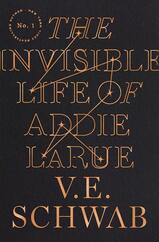 Cover of The Invisible Life of Addie LaRue which is black with gold writing and shows a constellation of stars between the words
Cover of The Invisible Life of Addie LaRue which is black with gold writing and shows a constellation of stars between the words Murder/Mystery:
Before She Was Found by Heather Gudenkauf
Now Is Not the Time to Panic by Kevin Wilson
The Book of Cold Cases by Simone St. James (This also ventures into supernatural.)
The Overnight Guest by Heather Gudenkauf
A Madness of Sunshine by Nalini Singh
The Maid by Nita Prose
The Hacienda by Isabel Cañas (This is also supernatural and historical fiction.)
Fantasy:
The Book Eaters by Sunyi Dean (feminist topics)
The Gilded Ones and its sequel The Merciless Ones by Namina Forna
The Midnight Library by Matt Haig
The primary four books of The Raven Cycle by Maggie Stiefvater
Historical Fiction:
The Book Woman of Troublesome Creek by Kim Michele Richardson (but not so much its sequel)
Matrix by Lauren Groff
The Invisible Life of Addie LaRue by V.E. Schwab (This also is supernatural.)
The Vanishing Half by Brit Bennett
Romance:
Instructions for Dancing by Nicola Yoon
Memoir:
Somebody's Daughter by Ashley Ford
Fiction:
The Last Karankawas by Kimberly Garza
The Hero of This Book by Elizabeth McCracken
Honor by by Thrity Umrigar
©2023 Elizabeth Galen, Ph.D., Green Heart Guidance, LLC
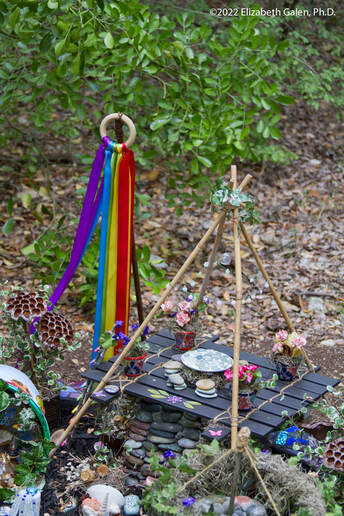

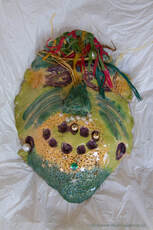
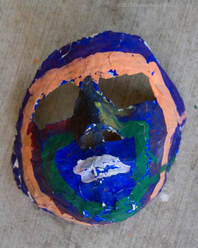
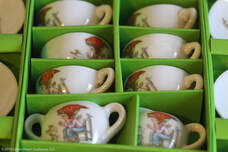
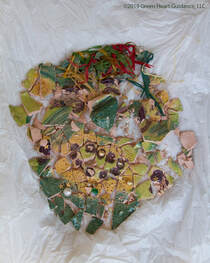
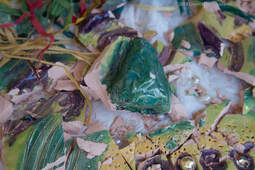
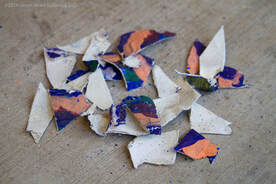
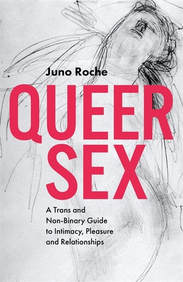
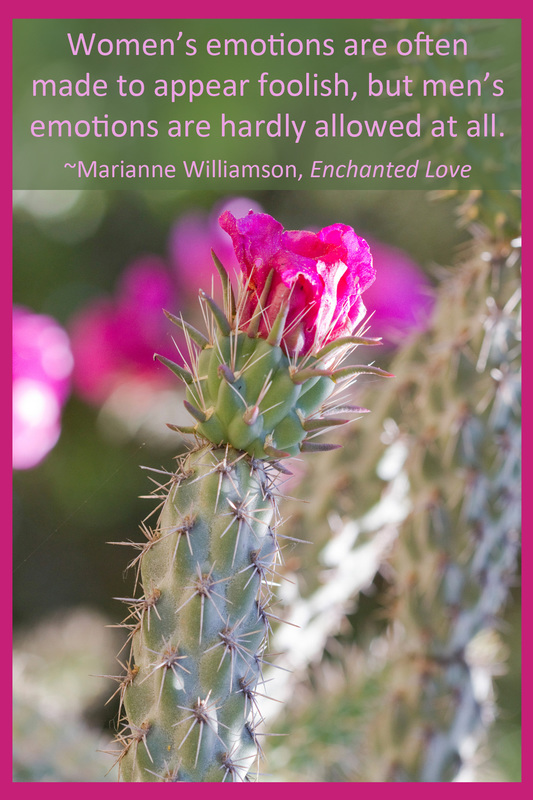
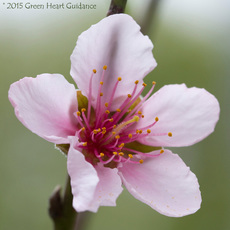
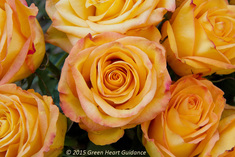
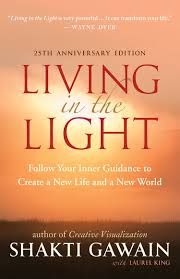
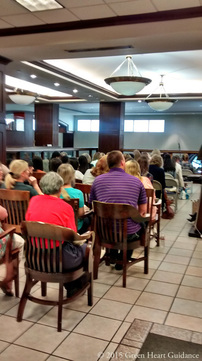


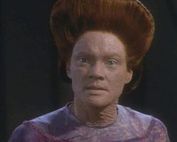
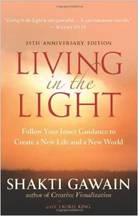
 RSS Feed
RSS Feed